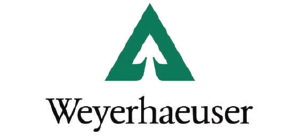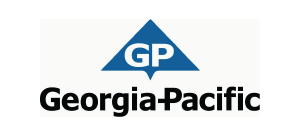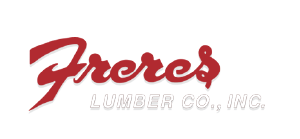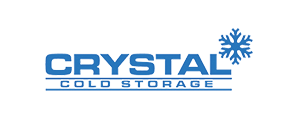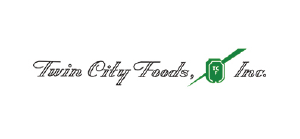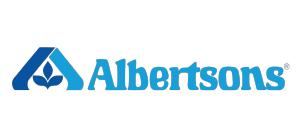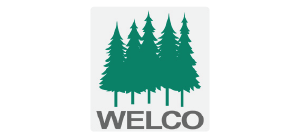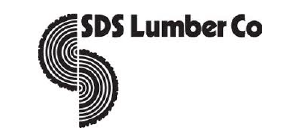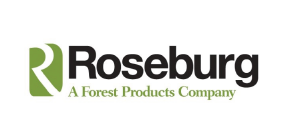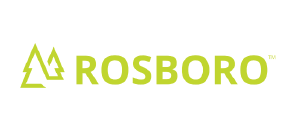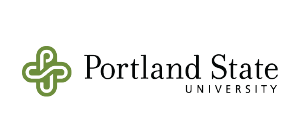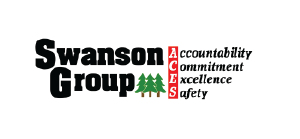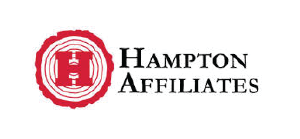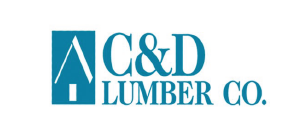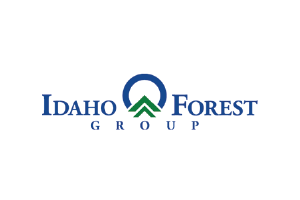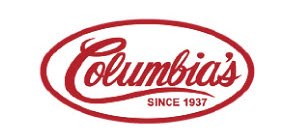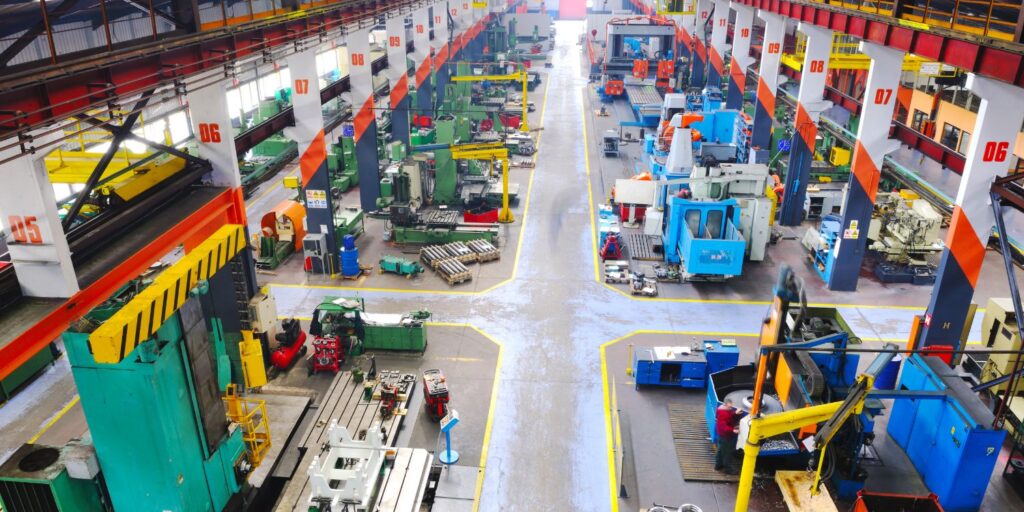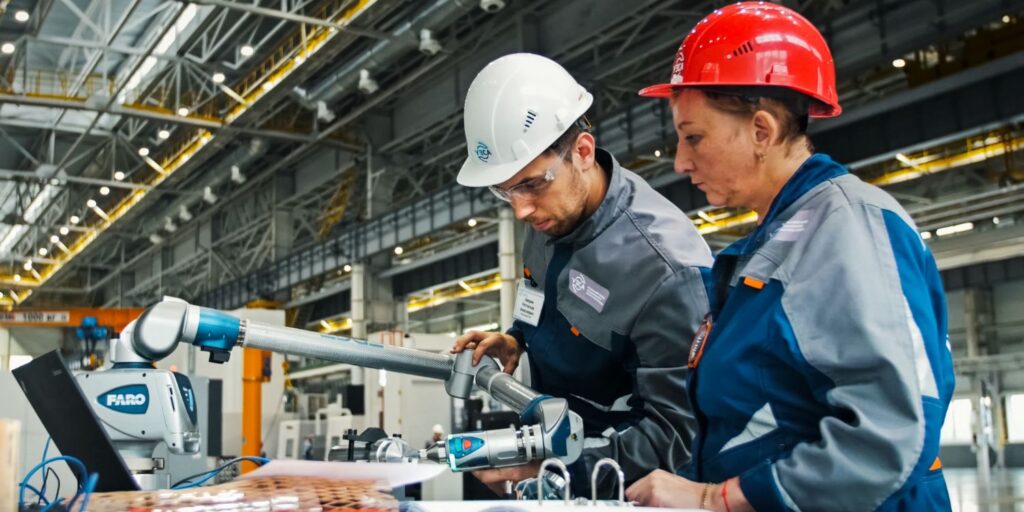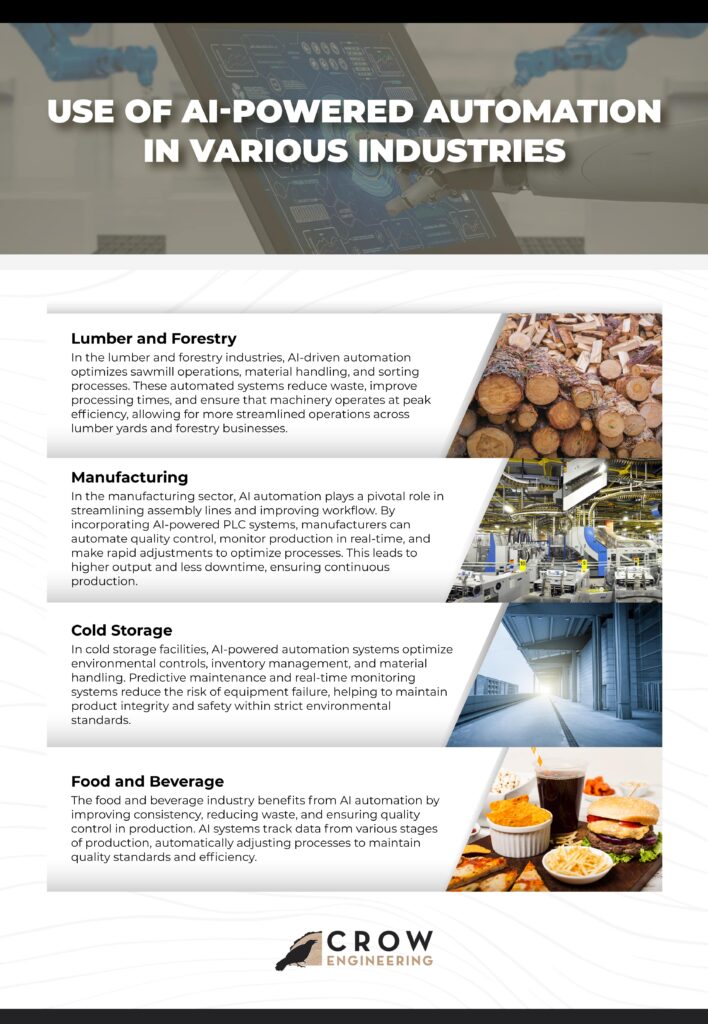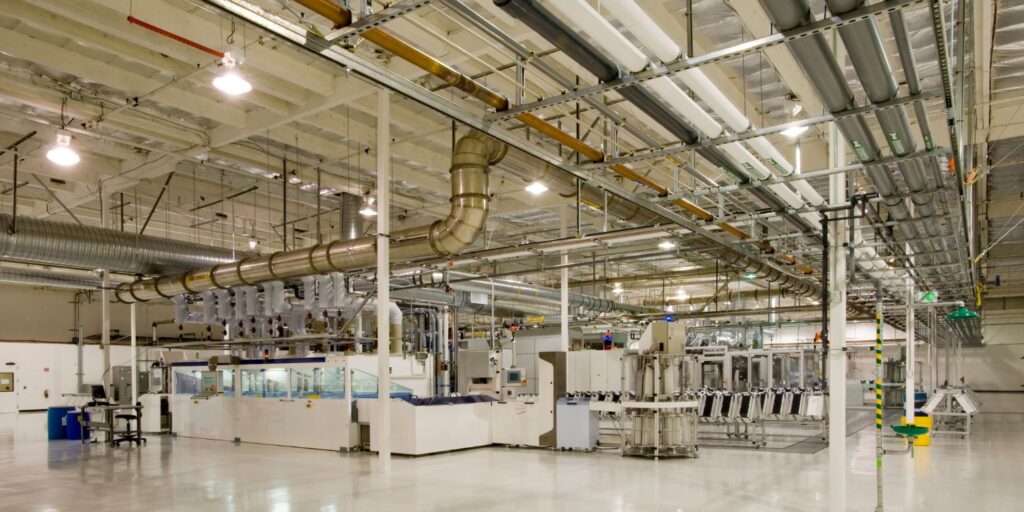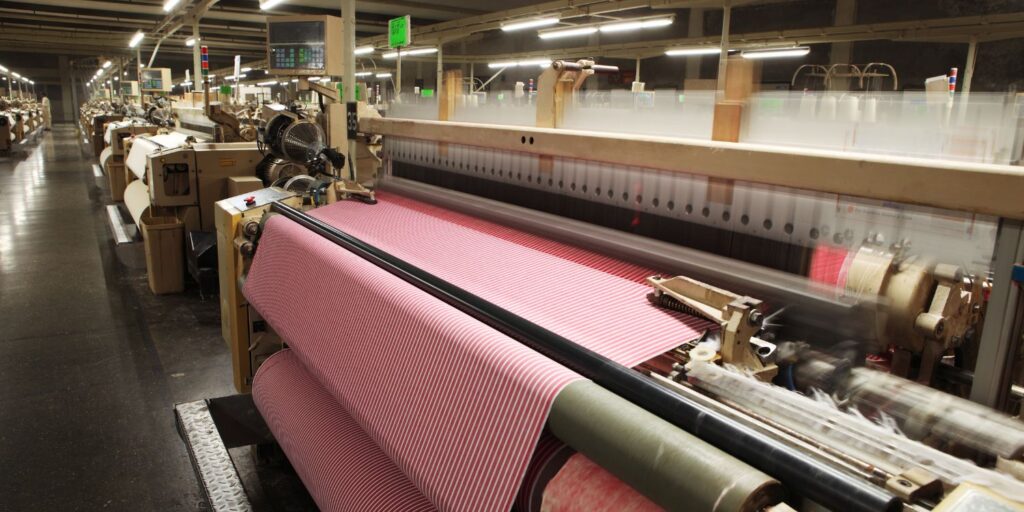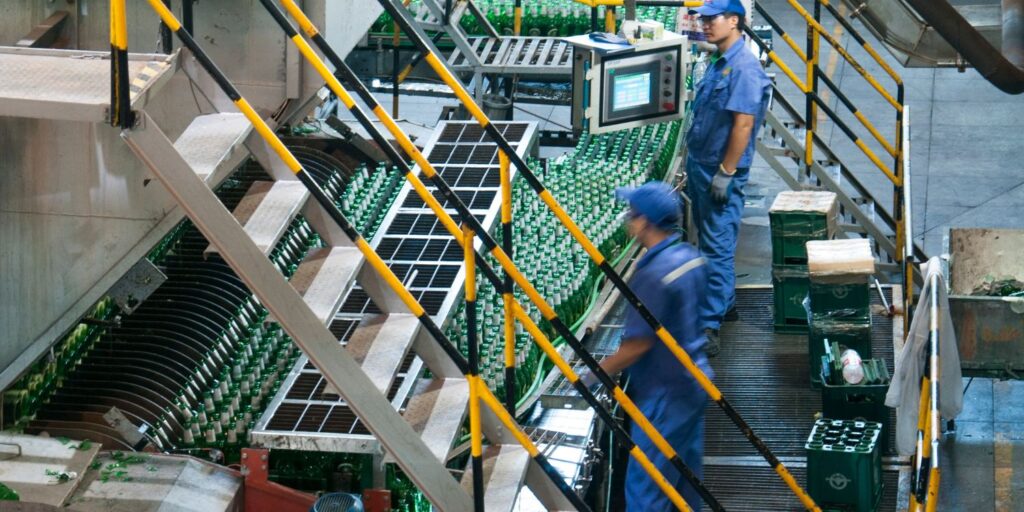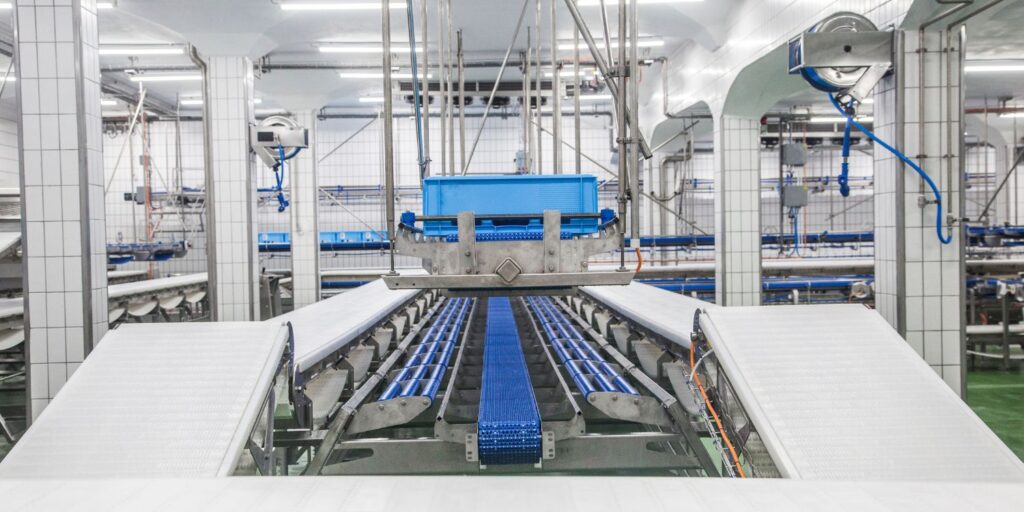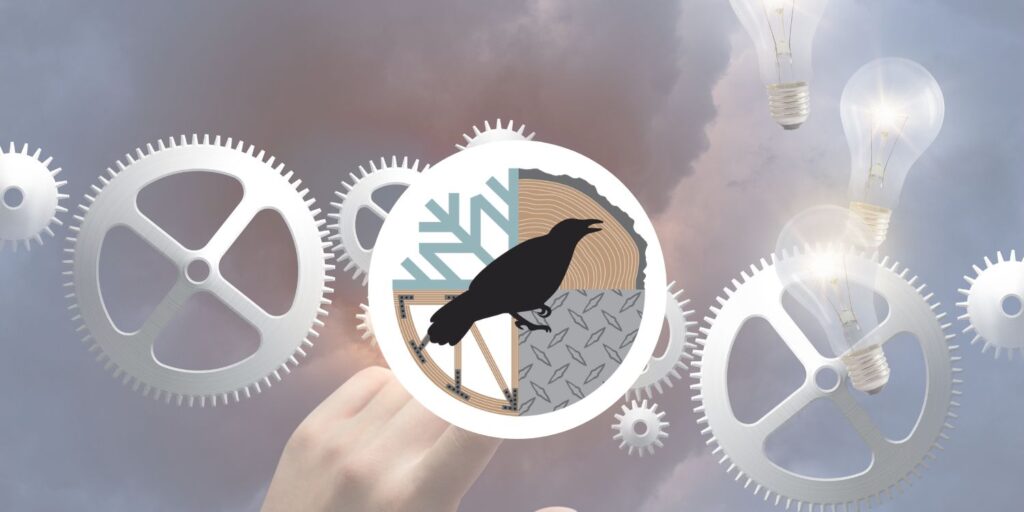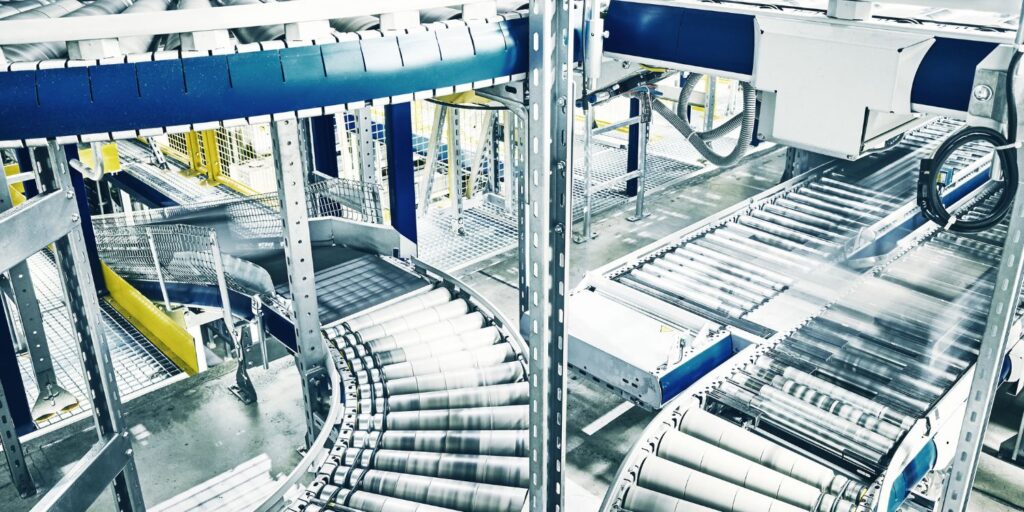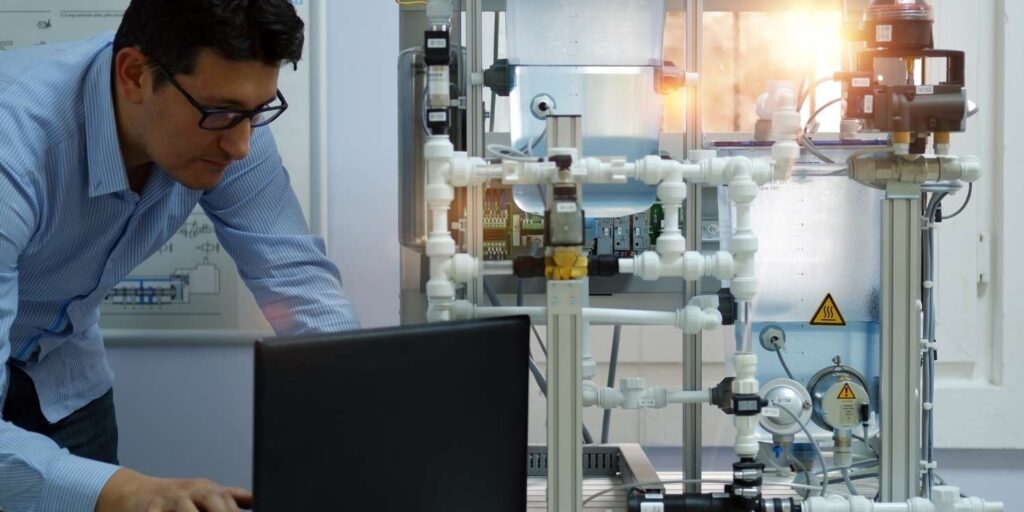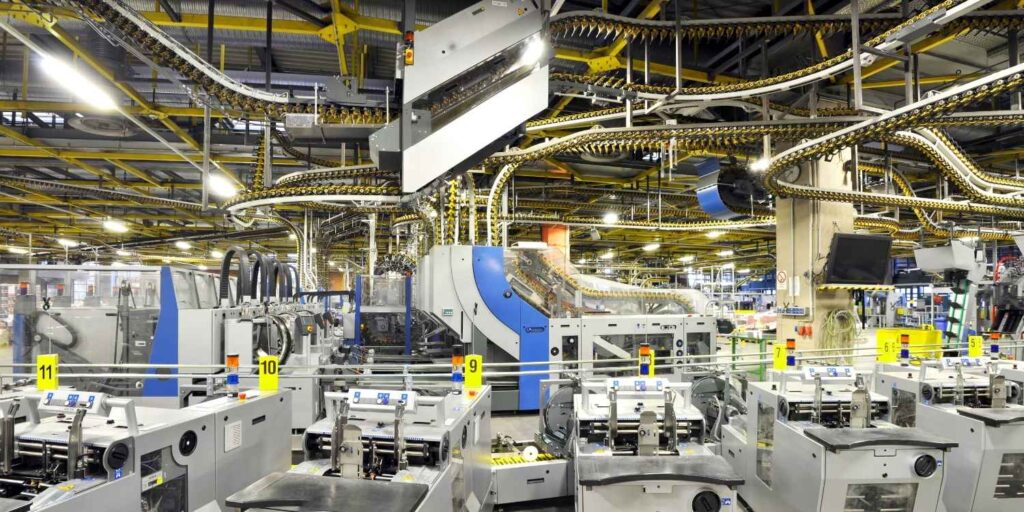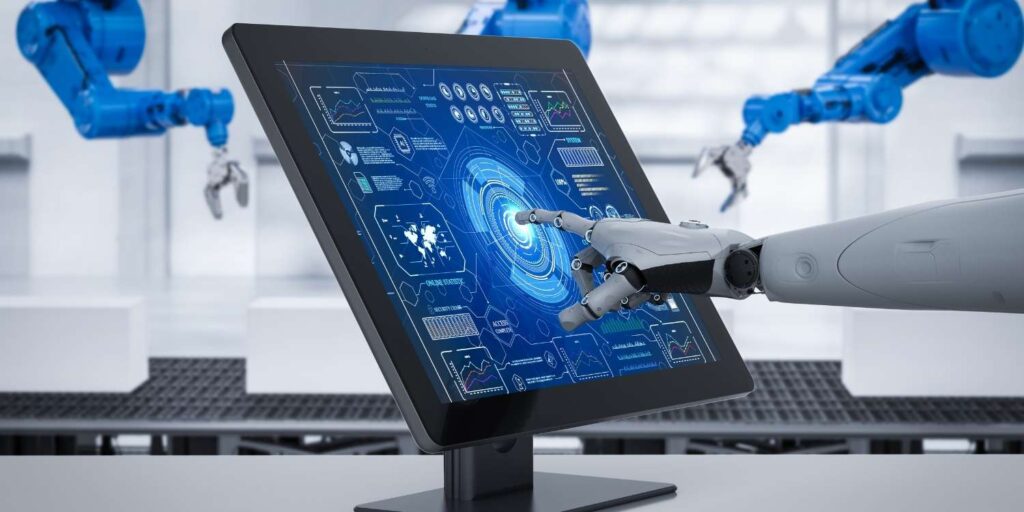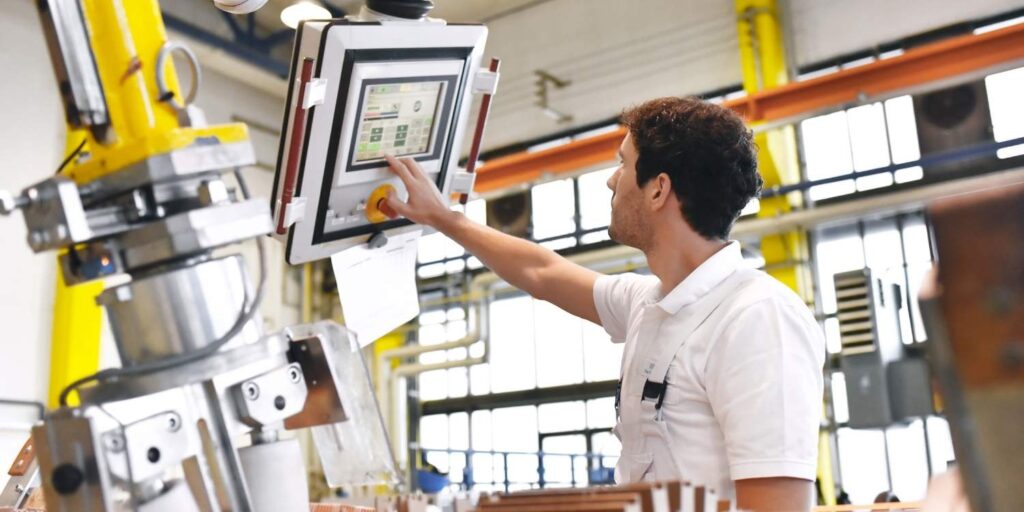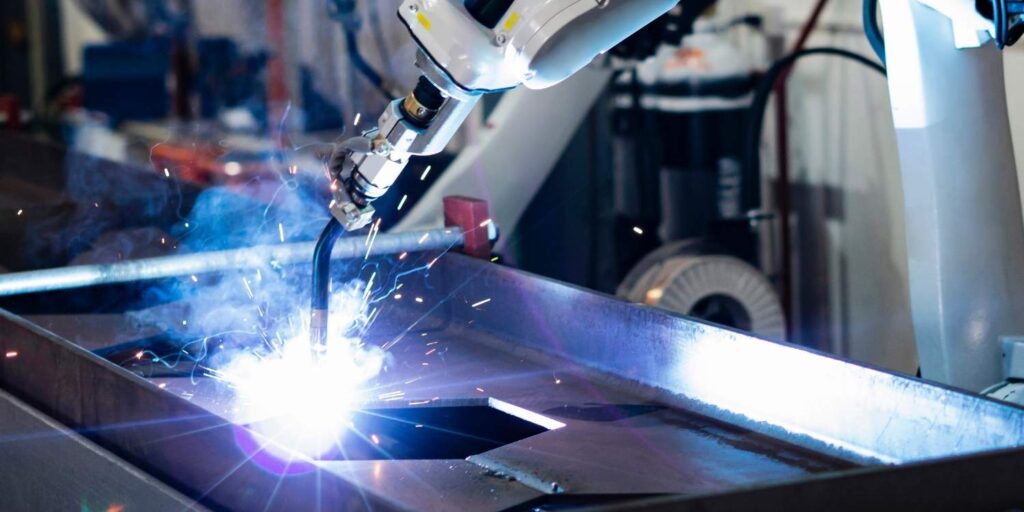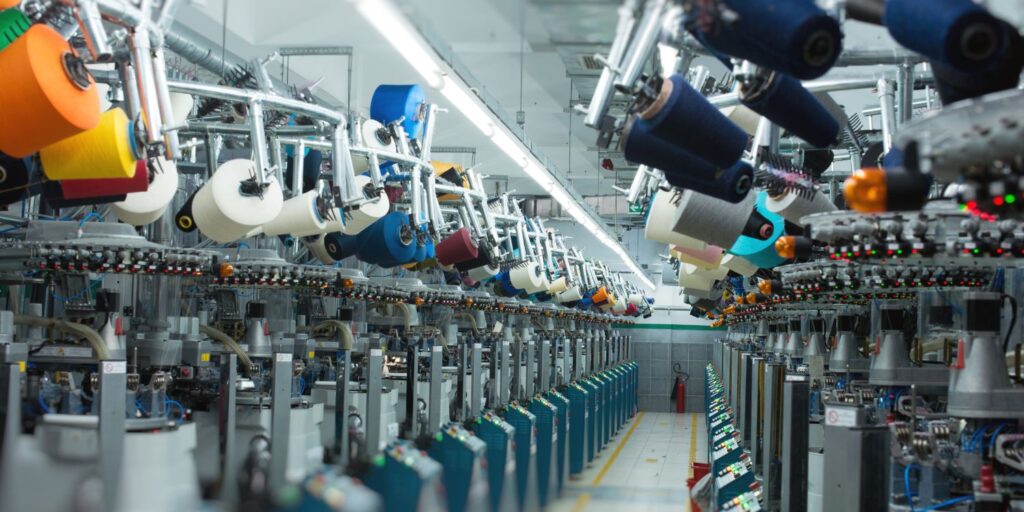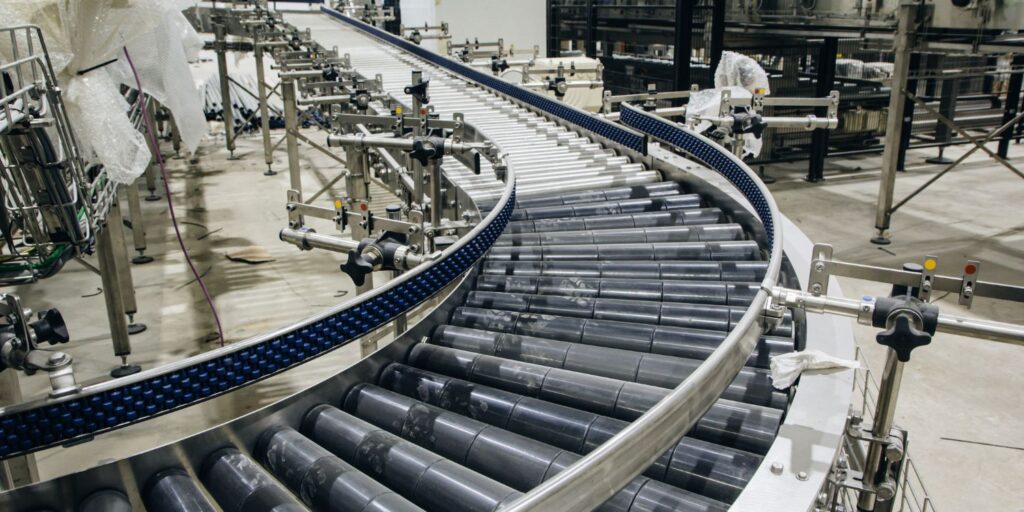Combustible dust hazards represent a serious—but often underestimated—threat to industrial safety. Whether in manufacturing, food processing, or metalworking, any facility that handles fine particulate materials is at risk for fire, deflagration, or a catastrophic industrial dust explosion.
At Crow Engineering, we specialize in helping businesses proactively manage combustible dust safety, ensuring your operations remain productive and compliant—without compromising safety.
What Is Combustible Dust?
Combustible dust is any finely divided solid that becomes airborne and ignites under certain conditions. When suspended in the air at the right concentration, these particles can form an explosive mixture capable of causing widespread damage.
Common combustible dust hazards include:
- Wood dust (sawdust, fine shavings)
- Metal dust (aluminum, magnesium, titanium)
- Carbon-based dust (charcoal, coal, plastic resins)
- Organic dust (flour, sugar, grain, paper, pharmaceuticals)
If your facility generates or processes these materials, a well-designed combustible dust safety program is critical to preventing accidents.
Understanding the Risk: Fires, Deflagration, and Industrial Dust Explosions
Combustible dust hazards occur when three elements align: fuel (dust), oxygen, and an ignition source. In confined spaces—such as ductwork, silos, or dust collectors—the threat escalates due to the risk of pressure buildup.
Key risks include:
- Fire hazards – Caused by dust accumulation, overheated equipment, or electrical sparks.
- Deflagration – Rapid flame spread when airborne dust ignites.
- Industrial dust explosion – Occurs when a deflagration triggers a pressure wave in a confined space, leading to structural damage and severe injury.
How Crow Engineering Helps Manage Combustible Dust Hazards
At Crow Engineering, we don’t just identify risks—we design comprehensive engineering solutions for combustible dust safety.
Our approach includes:
- Facility Assessments – Thorough evaluations to identify combustible dust hazards and ensure NFPA and OSHA compliance.
- Custom Dust Collection & Ventilation Systems – Engineered solutions to reduce airborne dust and eliminate ignition risks.
- Explosion Protection Systems – Including deflagration vents, suppression systems, and static control technologies.
- AI-Driven Monitoring – Advanced technology to detect dust accumulation and hazard potential in real-time.
- Employee Safety Training – On-site education to help teams manage combustible dust safety protocols confidently.
Why Choose Crow Engineering?
We understand the importance of integrating combustible dust safety into your day-to-day operations—without slowing down production.
Crow Engineering is your proactive partner in safety, offering:
✔ Hands-on engineering expertise
✔ Custom solutions tailored to your facility
✔ Integration of automation and AI for real-time monitoring
✔ Decades of experience across diverse industrial sectors
Protect Your Facility from Combustible Dust Hazards
Don’t wait for a near-miss or explosion to act. Let’s build a safer, more efficient facility together.
Contact Crow Engineering today to develop a customized, cost-effective strategy for identifying and preventing industrial dust explosions and managing your combustible dust safety obligations.
Contact UsWho are we?
Crow Engineering is a multi-discipline consulting engineering firm serving mechanical, structural, and civil engineering needs for a variety of industries.
Engineering Services
the crow connection
Recent News
The Crow Connection delivers high-level insights on engineering, automation, and process optimization, helping you drive efficiency and innovation. Covering topics like AI-powered automation, manufacturing strategies, and industrial process improvements, it’s a must-read for leaders seeking a competitive edge.

